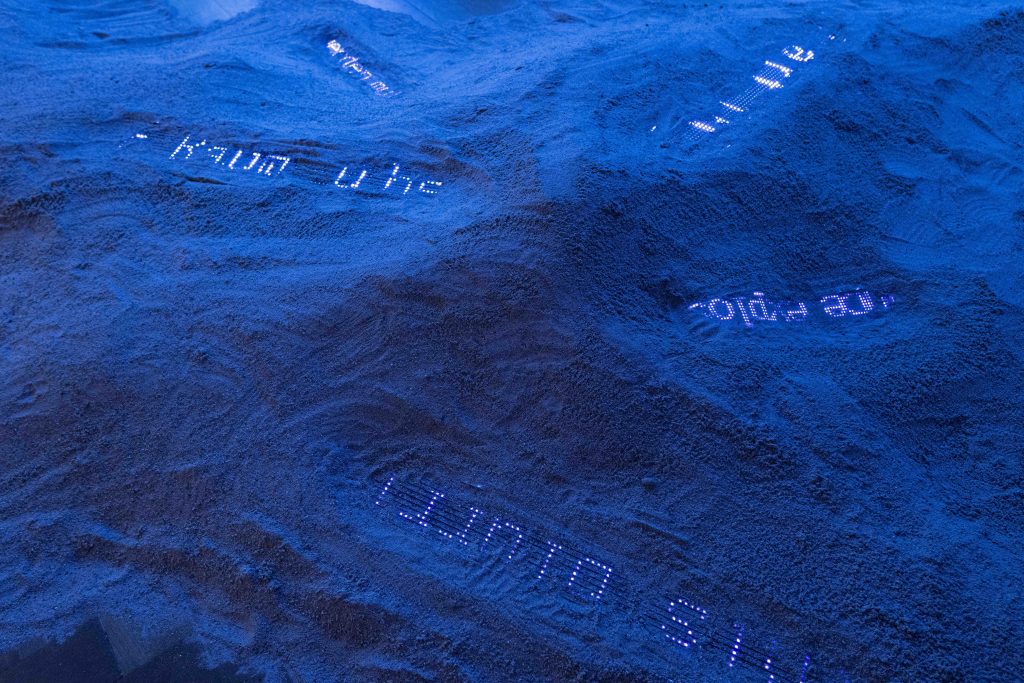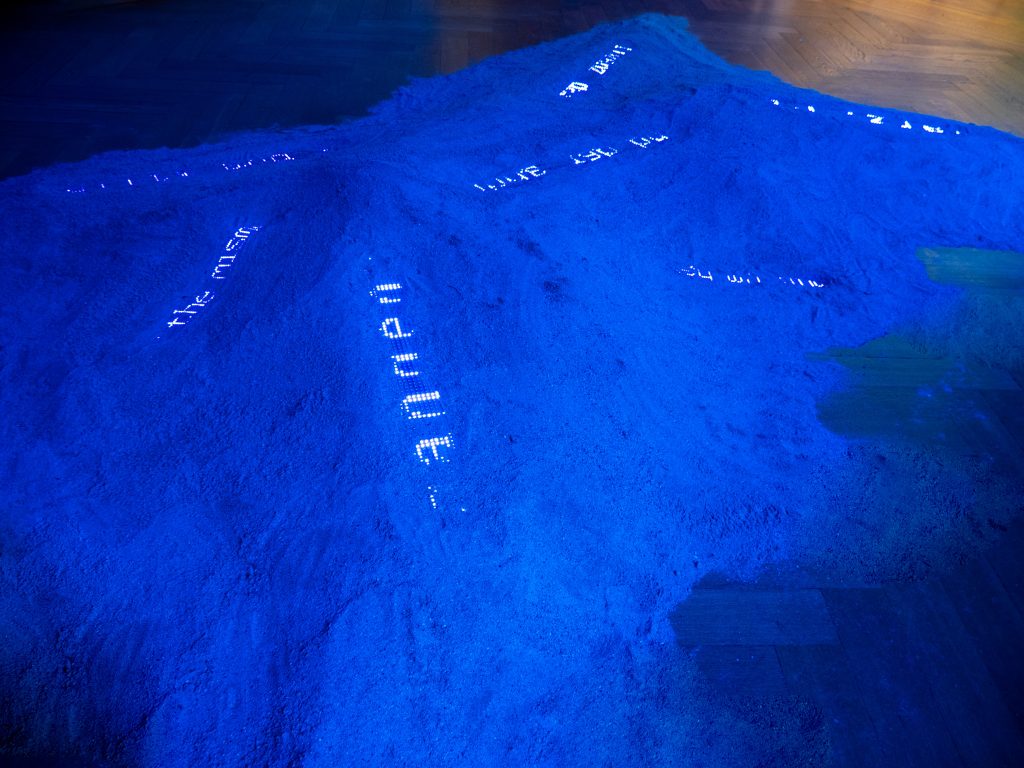Impressum & Datenschutzerklärung
Verantwortlich im Sinne des § 6 MDStV:Johanna Reich
Johanna Reich - Fridolinstr. 56 - 50825 Köln
office[at]johannareich.com
t: +49 15737945126
HaftungshinweisTrotz sorgfältiger inhaltlicher Kontrolle übernehmen wir keine Haftung für die Inhalte externer Links. Für den Inhalt der verlinkten Seiten sind ausschließlich deren Betreiber verantwortlich.Copyright© alle Bilder und Texte, soweit nicht anderes angegeben, by Johanna Reich. Keine Reproduktion oder Vervielfältigung von Bild- und Textmaterial ohne ausdrückliche und schriftliche Genehmigung.
Datenschutzerklärung
Anbieter und verantwortliche Stelle im Sinne des Datenschutzgesetzes:
Johanna ReichFridolinstr. 5650825 Köln
Geltungsbereich
Nutzer erhalten mit dieser Datenschutzerklärung Information über die Art, den Umfang und Zweck der Erhebung und Verwendung ihrer Daten durch den verantwortlichen Anbieter erhoben und verwendet werden. Den rechtlichen Rahmen für den Datenschutz bilden das Bundesdatenschutzgesetz (BDSG) und das Telemediengesetz (TMG).
Erfassung allgemeiner Informationen
Mit jedem Zugriff auf dieses Angebot werden durch uns bzw. den Webspace-Provider automatisch Informationen erfasst. Diese Informationen, auch als Server-Logfiles bezeichnet, sind allgemeiner Natur und erlauben keine Rückschlüsse auf Ihre Person.
Erfasst werden unter anderem: Name der Webseite, Datei, Datum, Datenmenge, Webbrowser und Webbrowser-Version, Betriebssystem, der Domainname Ihres Internet-Providers, die sogenannte Referrer-URL (jene Seite, von der aus Sie auf unser Angebot zugegriffen haben) und die IP-Adresse.
Ohne diese Daten wäre es technisch teils nicht möglich, die Inhalte der Webseite auszuliefern und darzustellen. Insofern ist die Erfassung der Daten zwingend notwendig. Darüber hinaus verwenden wir die anonymen Informationen für statistische Zwecke. Sie helfen uns bei der Optimierung des Angebots und der Technik. Wir behalten uns zudem das Recht vor, die Log-Files bei Verdacht auf eine rechtswidrige Nutzung unseres Angebotes nachträglich zu kontrollieren.
Kontaktformular
Wenn Sie uns über das Onlineformular oder per E-Mail kontaktieren, speichern wir die von Ihnen gemachten Angaben, um Ihre Anfrage beantworten und mögliche Anschlussfragen stellen zu können.
Einbindung von Diensten und Inhalten Dritter
Unser Angebot umfasst mitunter Inhalte, Dienste und Leistungen anderer Anbieter. Das sind zum Beispiel Karten, die von Google-Maps zur Verfügung gestellt werden, Videos von YouTube sowie Grafiken und Bilder anderer Webseiten. Damit diese Daten im Browser des Nutzers aufgerufen und dargestellt werden können, ist die Übermittlung der IP-Adresse zwingend notwendig. Die Anbieter (im Folgenden als „Dritt-Anbieter“ bezeichnet) nehmen also die IP-Adresse des jeweiligen Nutzers wahr.
Auch wenn wir bemüht sind, ausschließlich Dritt-Anbieter zu nutzen, welche die IP-Adresse nur benötigen, um Inhalte ausliefern zu können, haben wir keinen Einfluss darauf, ob die IP-Adresse möglicherweise gespeichert wird. Dieser Vorgang dient in dem Fall unter anderem statistischen Zwecken. Sofern wir Kenntnis davon haben, dass die IP-Adresse gespeichert wird, weisen wir unsere Nutzer darauf hin.
Cookies
Diese Webseite verwendet sogenannte Cookies. Das sind Textdateien, die vom Server aus auf Ihrem Rechner gespeichert werden. Sie enthalten Informationen zum Browser, zur IP-Adresse, dem Betriebssystem und zur Internetverbindung. Diese Daten werden von uns nicht an Dritte weitergegeben oder ohne ihre Zustimmung mit personenbezogenen Daten verknüpft.
Cookies erfüllen vor allem zwei Aufgaben. Sie helfen uns, Ihnen die Navigation durch unser Angebot zu erleichtern, und ermöglichen die korrekte Darstellung der Webseite. Sie werden nicht dazu genutzt, Viren einzuschleusen oder Programme zu starten.
Nutzer haben die Möglichkeit, unser Angebot auch ohne Cookies aufzurufen. Dazu müssen im Browser die entsprechenden Einstellungen geändert werden. Informieren Sie sich bitte über die Hilfsfunktion Ihres Browsers, wie Cookies deaktiviert werden. Wir weisen allerdings darauf hin, dass dadurch einige Funktionen dieser Webseite möglicherweise beeinträchtigt werden und der Nutzungskomfort eingeschränkt wird. Die Seiten http://www.aboutads.info/choices/(USA) und http://www.youronlinechoices.com/uk/your-ad-choices/(Europa) erlauben es Ihnen, Online-Anzeigen-Cookies zu verwalten.
Datensparsamkeit
Personenbezogene Daten speichern wir gemäß den Grundsätzen der Datenvermeidung und Datensparsamkeit nur so lange, wie es erforderlich ist oder vom Gesetzgeber her vorgeschrieben wird (gesetzliche Speicherfrist). Entfällt der Zweck der erhobenen Informationen oder endet die Speicherfrist, sperren oder löschen wir die Daten.
Ihre Rechte auf Auskunft, Berichtigung, Sperre, Löschung und Widerspruch
Sie haben das Recht, auf Antrag unentgeltlich eine Auskunft, über die bei uns gespeicherten personenbezogenen Daten, anzufordern und/oder eine Berichtigung, Sperrung oder Löschung zu verlangen. Ausnahmen: Es handelt sich um die vorgeschriebene Datenspeicherung zur Geschäftsabwicklung oder die Daten unterliegen der gesetzlichen Aufbewahrungspflicht.
Für diese Zwecke kontaktieren Sie bitte unseren Datenschutzbeauftragen (Kontaktdaten siehe oben).
Um eine Datensperre jederzeit berücksichtigen zu können, ist es erforderlich, die Daten für Kontrollzwecke in einer Sperrdatei vorzuhalten. Besteht keine gesetzliche Archivierungspflicht, können Sie auch die Löschung der Daten verlangen. Anderenfalls sperren wir die Daten, sofern Sie dies wünschen.
Änderung unserer Datenschutzerklärung
Um zu gewährleisten, dass unsere Datenschutzerklärung stets den aktuellen gesetzlichen Vorgaben entspricht, behalten wir uns jederzeit Änderungen vor. Das gilt auch für den Fall, dass die Datenschutzerklärung aufgrund neuer oder überarbeiteter Leistungen, zum Beispiel neuer Serviceleistungen, angepasst werden muss. Die neue Datenschutzerklärung greift dann bei Ihrem nächsten Besuch auf unserem Angebot.
Quelle: Datenschutz-Konfigurator von mein-datenschutzbeauftragter.de





